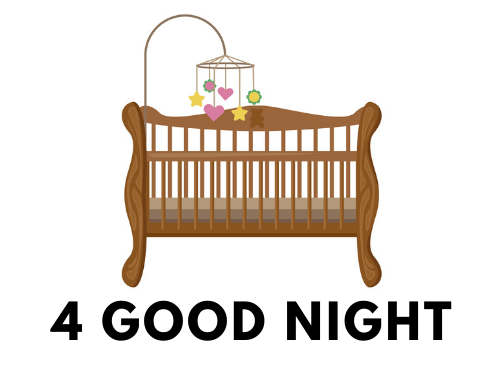We all know that a good night’s sleep is essential for our babies’ health and development, but what many parents don’t realize is how thumb-sucking can affect their child’s sleep. Thumb sucking affects deep, restful sleep in more ways than one, and understanding its implications can make all the difference to your child’s well-being in the long run.
In this blog post we’ll look at what thumb sucking is, why it matters when it comes to baby sleep, and tips on how to manage it effectively.
What is the cause of thumbsucking?
Thumbsucking is a behavior seen in young children that often persists into their toddler years. The cause of this behavior varies and includes both emotional comfort to self-soothe as well as physical pleasure, such as when taste buds are stimulated by the thumb passing over them. Other causes include stress, excitement, or boredom.
Additionally, thumbsucking can be a response to any number of new and unfamiliar situations that the child is not yet comfortable with, serving as a security blanket of sorts in an unfamiliar environment or situation. If your toddler is still engaging in this behavior, try providing a comfort object to help give her the security she needs without the worry of it continuing longer than necessary.
What are the side effects of thumbsucking?
Thumbsucking is a behavior common among many children, but it may cause problems down the road. Some of the potential side effects include misalignment of the teeth, an increased chance of developing an overbite or underbite, and changes in the shape of the roof of the mouth. In extreme cases, too much thumb-sucking can lead to an inability to properly bite down on food.
Additionally, it can cause psychological and emotional issues as children get older and are subject to ridicule from their peers. Parents should be aware of these side effects and encourage their children to give up thumb-sucking when they are old enough and able to do so.
What are the benefits of thumbsucking?
Thumbsucking is an activity that is typically observed in young children, but it can be beneficial to them in several ways. By performing this natural behavior, a child can find comfort and reassurance when they are stressed, anxious, or scared. Moreover, it also allows their jaws and teeth to develop properly since their sucking motion helps encourage the movement of the teeth and jaw bones.
On top of that, thumbsucking itself can soothe children who may be dealing with teething pain. While some might not appreciate the act itself, it’s important to recognize its advantages for young kids learning to navigate the world around them.
How do I stop my baby from sticking his thumb?
Getting your baby to stop sticking his thumb can be a difficult challenge, but it doesn’t have to be! Start by offering her other soothing options – like giving her fiber-filled snacks or a stuffed animal when she needs calming down. Make sure you don’t focus on thumb-sucking at all times; instead, praise your baby whenever they don’t use their thumb and redirect their attention away from it when they do.
You can also try coating her thumbs with something bitter to make it less enjoyable. This process may take some patience on your part, but with time and effort, you will be able to successfully get your baby to stop sticking their thumb!
What can you replace Thumbsucking with?
Thumbsucking is a common habit that can be hard to break, but whether you’re an adult or a child there are some simple tricks to help out. A great place to start is boredom – having something else now and then that you can do instead of sucking your thumb gives your brain another path to travel!
For kids, it could be something like playing with a toy car while they relax, reading a book (or finding another type of fun distraction), or engaging their minds with puzzles or arts and crafts. Adults should consider similar activities, as well as practice mindful breathing exercises – it helps us to recenter and focus on our breath rather than reaching for a pacifier for comfort. The goal isn’t only to replace the action of thumbsucking but also the emotion behind it – finding other ways to soothe ourselves brings peace into our lives.
Summary: Thumb Sucking and Baby Sleep
Thumb sucking can be a natural way for babies to soothe and relax themselves and bring comfort in new and possibly scary situations. As parents, it’s important to try our best to ensure a secure environment for our children, as well as educate ourselves on the effects of thumb-sucking and how to properly deal with it.
While babies may naturally stop soon after they become more comfortable or reach an age where they realize it’s unattractive, there are methods like medical intervention which can be beneficial if needed. As long as parents keep the lines of communication open, continue proactive parenting techniques, and create a safe space — thumb sucking shouldn’t affect your baby’s sleep too dramatically.
With these practices in place, your baby should quickly learn when they are most likely to slip their thumb in their mouth and make it easier to break the habit if necessary.














